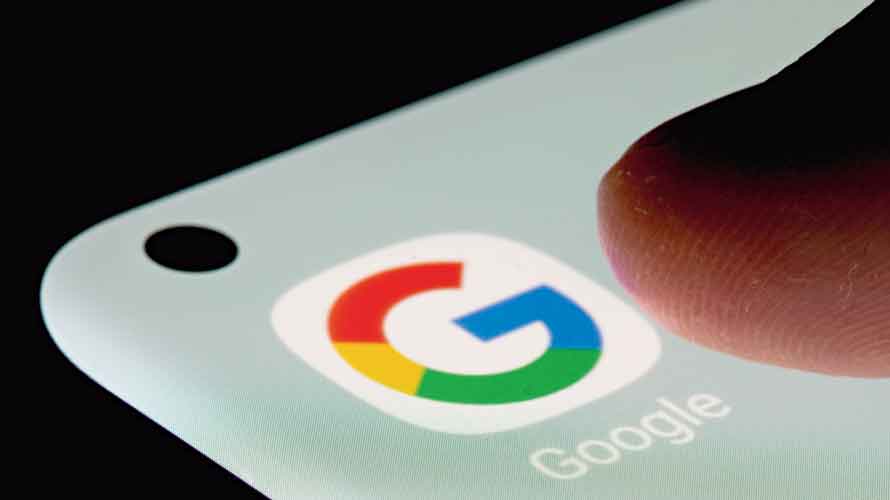For more than three months, Google executives have watched as projects at Microsoft and a San Francisco start-up called OpenAI have stoked the public’s imagination with the potential for artificial intelligence.
But on Tuesday, Google tentatively stepped off the sidelines as it released a chatbot called Bard. The new AI chatbot will be available to a limited number of users in the US and Britain and will accommodate additional users, countries and languages over time, Google executives said in an interview.
The cautious rollout is the company’s first public effort to address the recent chatbot craze driven by OpenAI and Microsoft, and it is meant to demonstrate that Google is capable of providing similar technology. But Google is taking a much more circumspect approach than its competitors, which have faced criticism that they are proliferating an unpredictable and sometimes untrustworthy technology.
Still, the release represents a significant step to stave off a threat to Google’s most lucrative business, its search engine. Many in the tech industry believe that Google — more than any other big tech company — has a lot to lose and to gain from AI, which could help a range of Google products become more useful but could also help other companies cut into Google’s huge Internet search business. A chatbot can instantly produce answers in complete sentences that don’t force people to scroll through a list of results, which is what a search engine would offer.
Google started Bard as a webpage on its own rather than a component of its search engine, beginning a tricky dance of adopting new AI while preserving one of the tech industry’s most profitable businesses. “It’s important that Google start to play in this space because this is where the world is headed,” said Adrian Aoun, a former Google director of special projects. But the move to chatbots could help upend a business model reliant on advertising, said Aoun, who is now the chief executive of the healthcare start-up Forward. In late November, the San Francisco start-up OpenAI released ChatGPT, an online chatbot that can answer questions, write term papers and riff on almost any topic.
Two months later, the company’s primary investor and partner, Microsoft, added a similar chatbot to its Bing Internet search engine, showing how the technology could shift the market that Google has dominated for more than 20 years. Google has been racing to ship AI products since December. It declared a “code red” in response to ChatGPT’s release, making AI the company’s central priority. And it spurred teams inside the company, including researchers who specialise in studying the safety of AI, to collaborate to speed up the approval of a wave of new products. Industry experts have wondered how quickly Google can develop new AI technology, particularly given OpenAI and Microsoft’s breakneck pace in releasing their tools.
New York Times News Service










